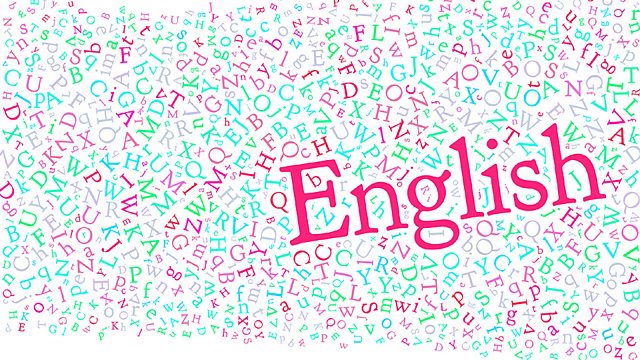When it comes to picking GCSE options, you’ll find yourself being able to choose from a range of subjects. Religious studies, ICT, History, Art, Geography and sometimes others depending on what your school offers. Within this list is the exception of English, Maths, and Science, which are also known as core subjects. These are compulsory subjects that you must achieve a minimum of grade C/Level 5, in order to continue onto further education. Whether that be to attend college, a sixth form or take on an apprenticeship, you’ll find that employees and staff look for high grades in these particular subjects. Whilst scraping a pass in these is adequate, logically, the higher your grade, the greater your opportunities. These include getting into particular courses, choosing particular subjects and getting into higher-level apprenticeships.

It’s important to note that although you may not wish to specifically study English, Maths and Science subjects for A levels, your grades in them are still accountable for which courses you can take on. Non-core subjects themselves require a minimum grade C and above in core subjects, order to study them at a higher level. This is because many subjects include essay writing, which your English skills must be developed in for you to progress. Additionally, humanities subjects like psychology involve mathematical and scientific knowledge due to certain modules. Without these skills and the right understanding, you’re more likely to struggle with the course.
So which core subject is the most important? Well, each of them, in their own respect, are important. Evidently, Maths and Science have a greater content link including equations, formulas and more practical content being similar. English however, is crucial in both its spoken and written form. Without the use of standard form, both your grades as well as your job prospects are limited. That’s not to say your academic ability isn’t great but if you are unable to communicate in a professional and respectable manner, it is unlikely that employees will choose you as a suitable candidate over others. To sum it up, here is a small break down of each core subject and the importance of them in your academic career.
Science – split into biology, chemistry, and physics, is essential to get you into the highest-paying occupations. From top salary brain and heart surgeons to optometrists and pharmacists, health care is becoming an increasingly demanding career. There are thousands of jobs in the sector and specializing in one of them requires expertise in science. Although biology may seem like the specific science required for health care work, chemistry and physics are also important in jobs including research and engineering. If you are unsure about what you want to go into, you’ve probably heard that science opens the doors to a range of career choices. You can, in simple words, pretty much choose any course you want with it. Further study at Universities such as taking on a master or doctorate degree, requires a pass in science GCSEs. Universities will look at your grades and if they are not satisfactory, you will have to resit them or maybe refused onto the course altogether.

Maths – is not simply algebra, Pythagoras and geometry, but also involves having basic arithmetic skills and a strong mental maths ability. Whilst it’s true you may never use algebra or Pythagoras ever again, having good basic arithmetic is essential. It is a skill needed for almost every single job and without a pass at the minimum; you will be required to resit until you can continue onto A levels. Many subjects such as the sciences, economics, art, and humanities require a strong mathematical ability, which means that a high grade in Maths is key. It’s important to also consider the practical applications of the subject. Although your chosen career path may involve very little mathematical work, it can be beneficial in problem-solving, budgeting and managing finances. Particularly for students who go on to University, this is a useful skill as it aids in keeping track of expenses and spending smartly.

English – this includes both the language and literature aspects. Although the literature content doesn’t seem as significant, particularly because of the study of 19th-century novels and fiction, there is much more behind why it is compulsory. A huge part of our British culture includes studying literature due to how it brings context to the spoken language. In the case of the English Language, being able to articulate and express abstract ideas is a quality highly valued by teachers, professors, and high-level employers. Whilst you might have something to bring something to the table, you have to have the correct skill to do so. Better linguistic skills mean that you are able to form correct grammatical sentences and present your ideas in a manner that seems sophisticated. This will aid your performance in written work and communication.


Recent Comments